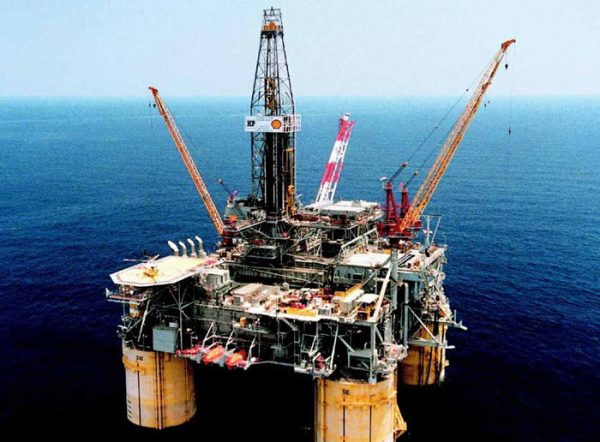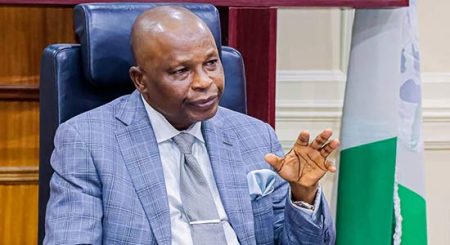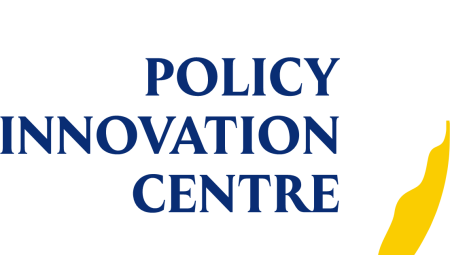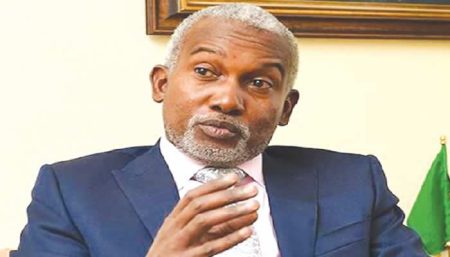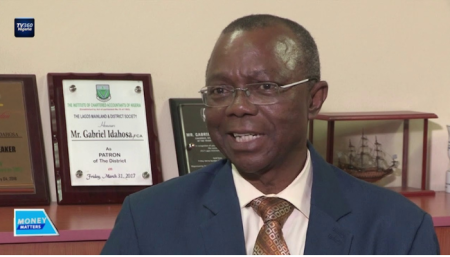Nigeria’s oil and gas sector stands at a critical juncture, grappling with the complex interplay of infrastructural progress, persistent production challenges, and regulatory reforms. While the Nigerian National Petroleum Company Limited (NNPCL) celebrates a significant achievement in securing its major crude oil pipelines, the nation’s overall crude production continues to fall short of targets, prompting a government crackdown on dormant oil field licenses. This paradox underscores the deep-seated issues plaguing the sector, highlighting the urgent need for investment, operational efficiency, and a robust regulatory framework to unlock Nigeria’s vast hydrocarbon potential.
The NNPCL’s announcement of 100% availability across five key pipelines, including the Trans-Niger Pipeline and Trans Forcados Pipeline, marks a turning point in the fight against pipeline vandalism and sabotage. This milestone represents a collaborative effort involving government agencies, military forces, and industry players, signifying a renewed commitment to safeguarding critical infrastructure. However, despite this operational triumph, the country’s crude oil production remains stubbornly below the projected 2.02 million barrels per day, raising concerns about the underlying factors hindering output growth.
The disconnect between pipeline availability and production levels points to a complex web of challenges beyond infrastructure security. Years of underinvestment have left the sector struggling to ramp up production, while operational inefficiencies and potential continued crude oil theft within the pipelines further complicate the picture. The NNPCL’s Group Chief Executive Officer, Bayo Ojulari, has emphasized the urgent need for fresh capital injection to capitalize on the restored pipeline infrastructure and favorable market conditions. This call to action underscores the importance of attracting both local and international investors to revitalize the upstream and midstream segments of the industry.
In response to the persistent underperformance, the Minister of State for Petroleum Resources (Oil), Senator Heineken Lokpobiri, has signaled a paradigm shift in licensing practices. Declaring an end to “speculative licensing,” the government aims to weed out companies that hold oil blocks without actively developing them. This decisive move underscores the government’s commitment to maximizing resource utilization and ensuring that Nigeria’s hydrocarbon wealth translates into tangible economic benefits. The focus on attracting technically and financially capable operators reflects a broader effort to create a more dynamic and productive oil and gas sector.
The government’s proactive stance extends beyond licensing reforms. Recognizing the importance of a competitive and transparent regulatory environment, the government has engaged a consultant to harmonize the numerous fees within the oil and gas industry. This initiative aims to streamline the regulatory landscape, making Nigeria a more attractive destination for foreign investment. By benchmarking fees against international best practices, the government seeks to create a level playing field that encourages investment and fosters sustainable growth in the sector.
Concurrent with these efforts, the ongoing Nigeria Oil and Gas Energy Week serves as a crucial platform for dialogue and collaboration. The event, themed “Accelerating Global Energy Progress Through Investment, Partnerships & Innovation,” brings together industry stakeholders, investors, and government representatives to address the pressing challenges and opportunities facing the sector. The discussions underscore the need for a holistic approach that encompasses infrastructure development, regulatory reforms, and strategic partnerships to unlock Nigeria’s full oil and gas potential. The confluence of these factors – improved pipeline security, regulatory reforms, and a renewed focus on attracting investment – creates a window of opportunity for Nigeria to reposition itself as a key player in the global energy landscape. However, translating these positive developments into tangible production growth will require sustained commitment, effective implementation, and ongoing collaboration between government, industry, and investors. The nation’s ability to overcome these challenges will determine its success in maximizing its hydrocarbon resources and achieving its economic development goals.





